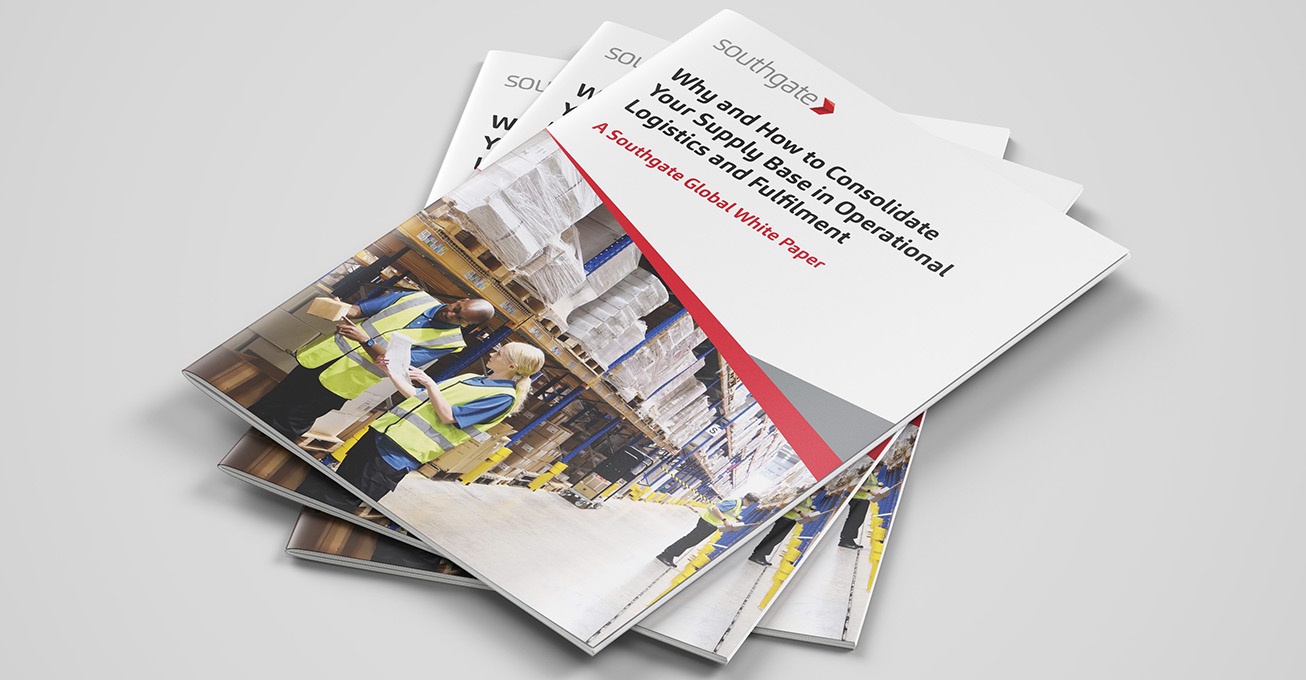 Recent research from global recruitment agency, Gi Group Holding has highlighted how ‘old school’ manufacturing skills are declining and pinpoints other key shifts the manufacturing industry is undergoing, as the business supports candidates to secure their dream roles in the sector.
Recent research from global recruitment agency, Gi Group Holding has highlighted how ‘old school’ manufacturing skills are declining and pinpoints other key shifts the manufacturing industry is undergoing, as the business supports candidates to secure their dream roles in the sector.
One of the company’s four brands, is Gi Group, a leading HR & recruitment solutions provider based in Leicester on Millstone Lane, which has recruited for the manufacturing sector for decades, placing the right candidates with companies across the sector the length and breadth of the UK.
But, crucially, in its recently published manufacturing whitepaper, entitled ‘Manufacturing: Global HR Trends’, the company found that major changes were well under way within the sector. The ripple effects of changes brought about by automation and AI are resulting in the need for candidates to make changes in their approach to getting a job if they’re to successfully achieve their dream manufacturing role.
Gi Pro is a part of Gi Group and it meets manufacturing employers’ needs for specialist roles where profession-based skills qualifications are required. The work of these experts is critical, as, Sam Taylor, Business Manager based at Gi Pro in Leicester, explains, it can be a lot harder for candidates to stand out, in 2023.
He said: “We see many manufacturing candidate’s CVs every day and there has been a sea change in what we have been used to seeing. The more ‘old-school’ skills are dying out – manufacturing and process engineers are popular now, with candidates emerging from university for these roles.
“Traditional shop floor roles are fading away due to technological advances. However, that’s not to say there are less jobs available. White collar jobs, such as electrical and mechanical engineers, are booming, and opportunities in this sector are likely to continue to grow over the next few years.
“Manufacturing jobs are changing and will likely change more over the next five years. Candidates need to look to add skills such in automation, technology and IT to their CVs where possible. The soft skills gained while studying at university and while in higher education will be needed in the manufacturing sector in the future.”
Gi Group operates more than 26 branches and 60 sites across the UK, as well as employing 650 people nationally. The work the company carries out across the manufacturing sector has evolved and been fluid over the last few years, as the market reacted to both Brexit and the impact of the pandemic.
Sam said it has been harder to recruit for certain roles in the sector, as a result. He said: “Candidate shortages heavily impact us at the moment. Brexit and Covid-19 have led to this current situation, meaning it is more crucial than ever before that we continue to find the right person for the role for each one of our clients, as employee retention is key to success in the current climate. It isn’t all doom and gloom; the quality of candidates we’re placing has drastically improved, so while we have less candidates, those who do apply are generally excellent and are often perfect for the role, due to their skills and experience.”
There have also been major shifts in the type of work both employers and employees are looking for, with the market literally flipping on its head, in terms of what both want.
Sam added: “We have adapted to the market, and are supporting our clients with more permanent job roles – it is manic at the moment as both candidates and our clients are turning more frequently to permanent positions.
“In manufacturing, companies want the best workforce possible, and to do so, they have realised they need to invest in the permanent workforce. We’ve diversified as a result. Whereas we used to support with the majority of our roles being temporary, it has now swung to a 70% permanent, 30% temporary split, which shows you how the market has changed, and we have had to follow the change, too.”
When it comes to how candidates should be adjusting their CVs in this ever-changing jobs market, Sam has a couple of pieces of advice.
He said: “Before applying for a manufacturing role, ask yourself: what do you actually do and is it relevant to the role? We see a lot of CVs which just name companies they’ve worked at – what we need to know is what you have carried out while in the role. Showcase your skillset and use key buzzwords that help you standout – give us what we are looking for.
“Additionally, consider what is your unique selling point. Within this, include your extracurricular skills too – have you done an apprenticeship, do you have extra qualifications? Every piece of information about you gives us, and your potential employer, an idea of just who you are, what you want to achieve which is paramount to making sure we pair you with the right business.
“As we continue to move more and more towards permanent roles, the market is more competitive so the more qualifications and skills we can see, the better your chances are of securing that dream role.”
For more information about Gi Group in the UK, please visit: uk.gigroup.com.






